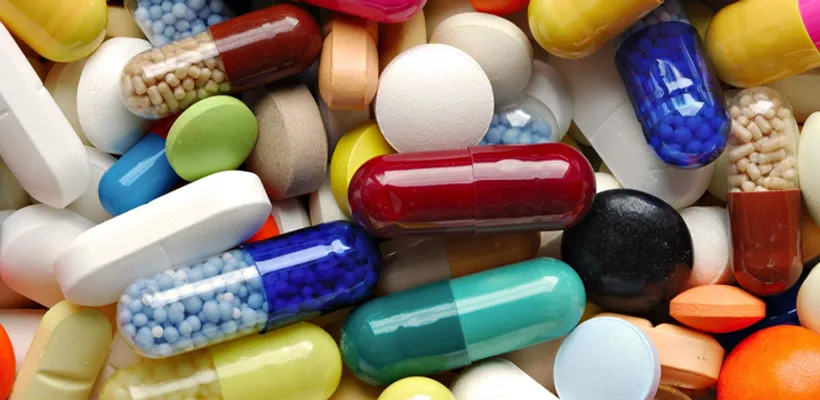
Published: 13th January, 2017 in: Health Advice News
A Cambridge university student was caught short for her depression medication on a bank holiday. In an attempt to get some to last her until the doctor’s surgery opened the following day, she turned to posting on a private Facebook group, asking if anybody had any Venlafaxine.
A reply came through from a student who didn't have any Venlafaxine but did have another anti-depressant, Prozac. She responded saying that 'If no venlafaxine-takers have replied in an hour I'll definitely take you up on that’.
While Venlafaxine and Prozac are both antidepressants, they work differently ways; Venlafaxine works by blocking two brain chemicals that regulate mood and is typically taken in doses of 75mg to 375mg a day, while Prozac targets just one brain chemical, and the normal daily dose is between 20mg and 60mg.
According to mental health charity SANE, changing pills, dosages or stopping taking tablets suddenly can make people 'severely ill'.
It was revealed that on the same Facebook group page – which has since been closed down, other prescription drugs were being shared between students, including 12 different types of anti-depressants, contraceptive pills and acne medication.
Despite the dangers, according to a 2014 review which involved 36,000 people over 19 different studies, up to 50% of us have taken somebody else’s prescription medication, which one in four people being willing to give their medication to their friends and family. These include antibiotics, painkillers, allergy medication, contraceptive pills, antidepressants, high blood pressure and heart medication. Which was reported in the American Journal of Public Health.
While this study found that younger adults are more likely to do this, a UK study conducted recently found that older people and people on lower incomes were the most likely.
Not many people realise that sharing medication is both dangerous and illegal, even between family members. According to the Medicines and Healthcare Products Regulatory Authority (MHRA), anybody who supplies prescription drugs to someone who it is not intended for, is breaking the law.
Sharing medication opens the risk of side-effects, but they could also react with any other medication or over-the-counter products that you may be taking. They could be unsuitable for your body, especially if you have health conditions or are pregnant or breastfeeding. For example, some contraceptive pills can be dangerous for women whose blood clots easily; Propranolol, which is used to treat high blood pressure, can cause breathing difficulties in people who suffer with asthma, and changing antidepressant can trigger both physical and psychological side-effects.
A U.S study that was published in the Journal of Adolescent Health in 2009 with adolescents who had used someone else’s Prescription medication found that 37% experienced a side-effect or allergic reaction – 75% who took it to avoid visiting their GP, with more than a quarter of these ended up having to see a doctor as the medication didn’t work.
The people who share their medication also have health risks posed to them as it suggests that they haven’t taken their medication themselves which could result in health problems not being treated correctly.
According to a 2014 review the main reason for people sharing medicines is people having leftover tablets and wanting to help others. Other reasons included running out of pills and knowing somebody who has the same condition, an emergency situation and being unable to afford the medicines.
The message from the MHRA is very clear: taking other people's medication is a bad idea.
A spokesperson said 'Prescription medicines are 'prescription only' for a good reason, they are potent and should only be prescribed by doctors and other healthcare providers based on their clinical judgment after a consultation with the patient.'